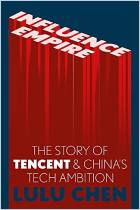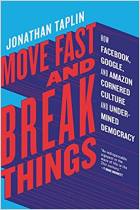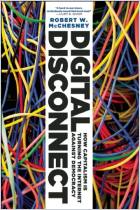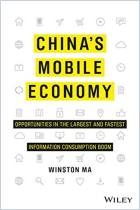
The Battle for Net Neutrality Seems a Lost Cause in China
Let's Discuss Just How Little We Know About Net Neutrality by Looking at Tencent and China Unicom's "King Card"
Read or listen offline
Amazon KindleRecommendation
Net neutrality, debated for years in the United States, has now reached China’s Internet shoreline. Guang Pu, editor for tech media company PingWest, explains how Chinese tech giant Tencent’s partnership with Internet provider China Unicom is threatening the existence of net neutrality. He implores the public to take a stronger interest in the subject but, ironically, his appeal for net neutrality comes at a time when China doesn’t even allow an open Internet. getAbstract recommends this article to economists, social activists, people working in tech start-ups and corporations, and anyone interested in protecting Internet equality.
Summary
About the Author
Guang Pu is an editor and writer for PingWest, a Chinese media company specializing in tech and online culture.




























Comment on this summary